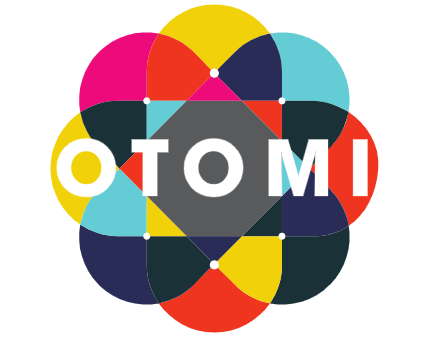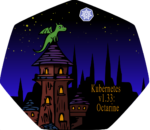
Otomi is intended to act as an extension of Kubernetes to turn it into a “full blown container platform.” It provides an advanced ingress architecture, a suite of integrated pre-configured applications, multi-tenancy, and governance and security policies.
One of the goals of the project is to support common DevOps use cases. It strongly relies on GitOps patterns in which the desired state is reflected as code and the cluster state gets updates automatically.
Otomi consists of several projects: Otomi Core; Otomi Tasks, which are autonomous jobs; and Otomi Clients, which is a factory for building and publishing OpenAPI clients.
Key features include single sign on, automatic ingress configuration, input/output validation, policy enforcement, automatic vulnerability scanning, observability, service mesh, secrets management, and Visual Studio auto completion.
It offers integrations with Prometheus, Loki, Grafana, Istio, Jaeger, GitLab, and more.
The next release is expected to arrive in September 2021 with new features such as semver/glob image tags being scanned in the registry and then deployed automatically while the state is written back to the values repository; the ability to automatically receive updates by subscribing a cluster to the alpha, beta, or stable channel; and the ability to deploy Otomi without OIDC.








